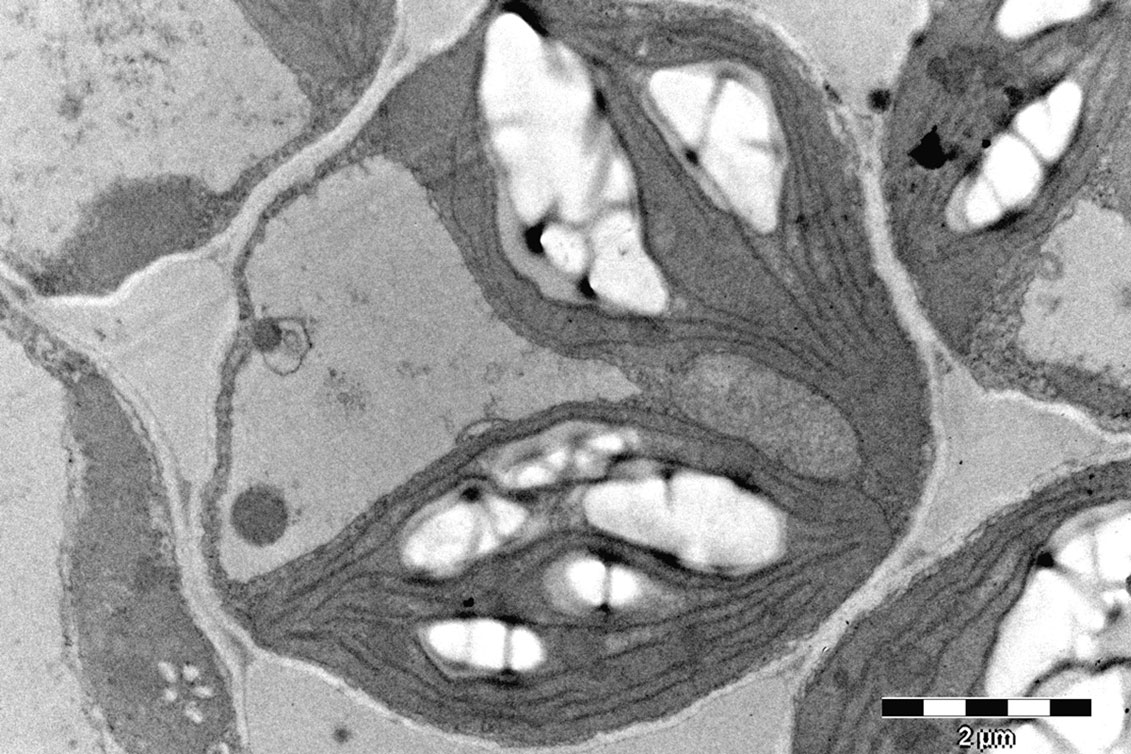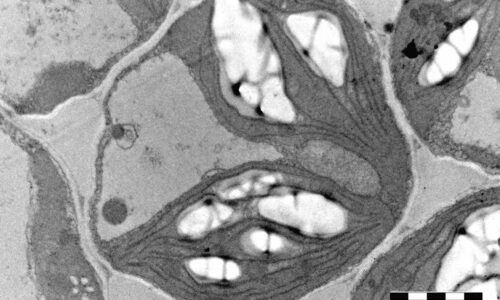The Electron Microscopy Center (EMC) is a research base with multiple users, designed for high performance scientific research and education/specialisation of young researchers. Its activities cover a large number of scientific domains: physics, chemistry, geology, mineralogy, geography, animal and plant biology (with special emphasis on cellular and molecular biology, biochemistry and physiology) pharmacology, human and animal medicine, ecology and environment protection, as well as industry areas, such as: food technology, mining, oil industry, metallurgy and chemical industry.
The main activities taking place in our seven laboratories include:
- scientific research programs in earth and life sciences;
- educational activities for the students enrolled in undergraduate, master, doctoral and post-doctoral programs, as well as specialisation courses for the research staff;
- technical assistance: electron-microscope analyses performed on request using high-tech devices.
TEM gallery
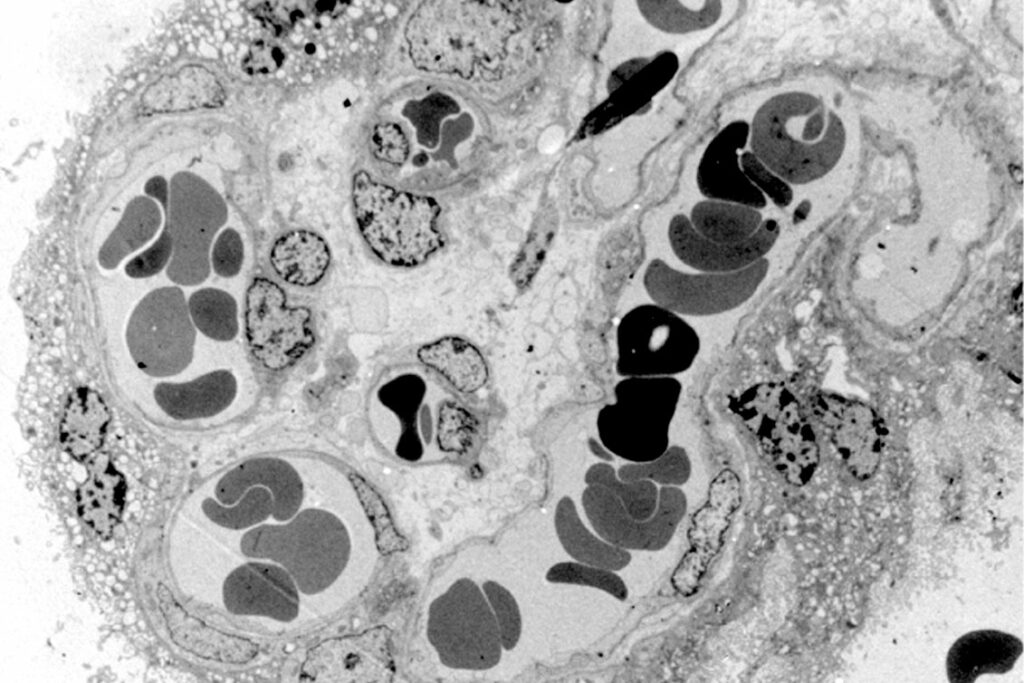
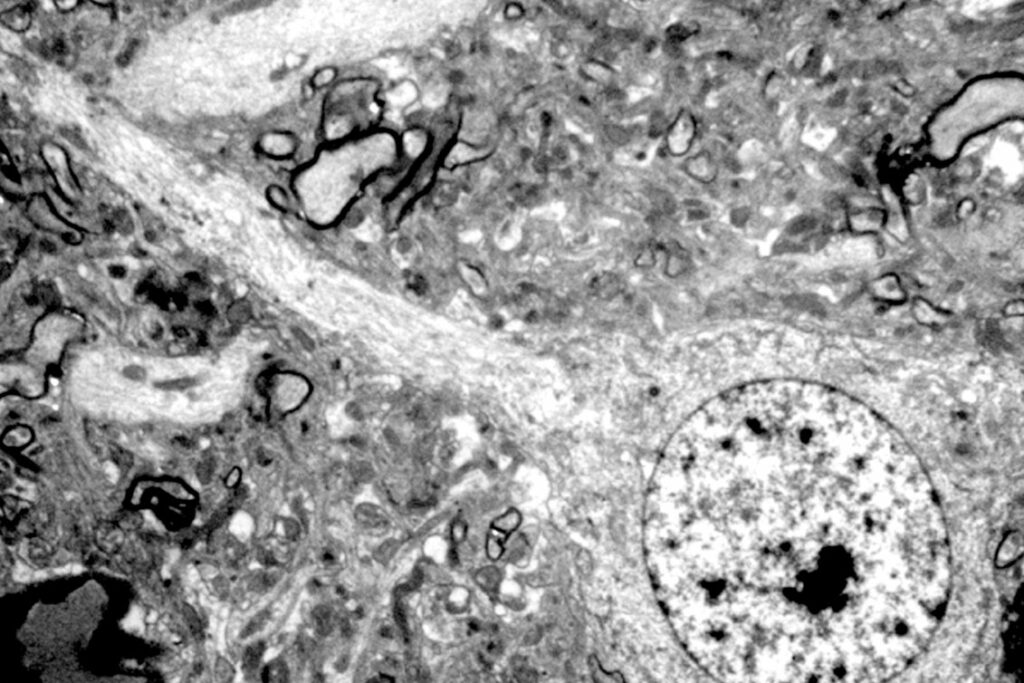
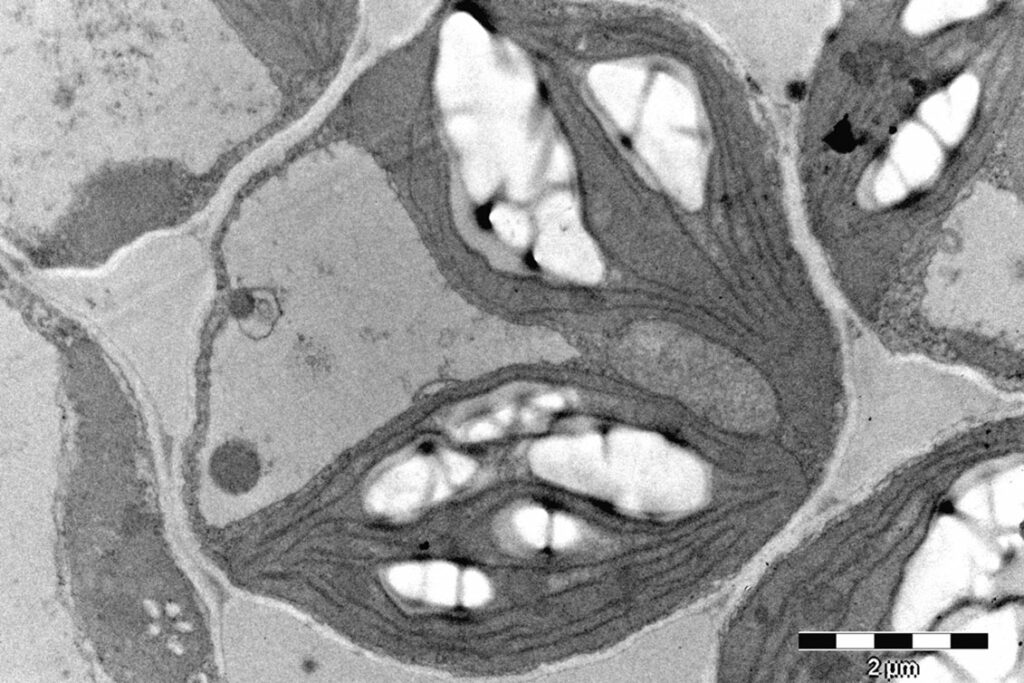
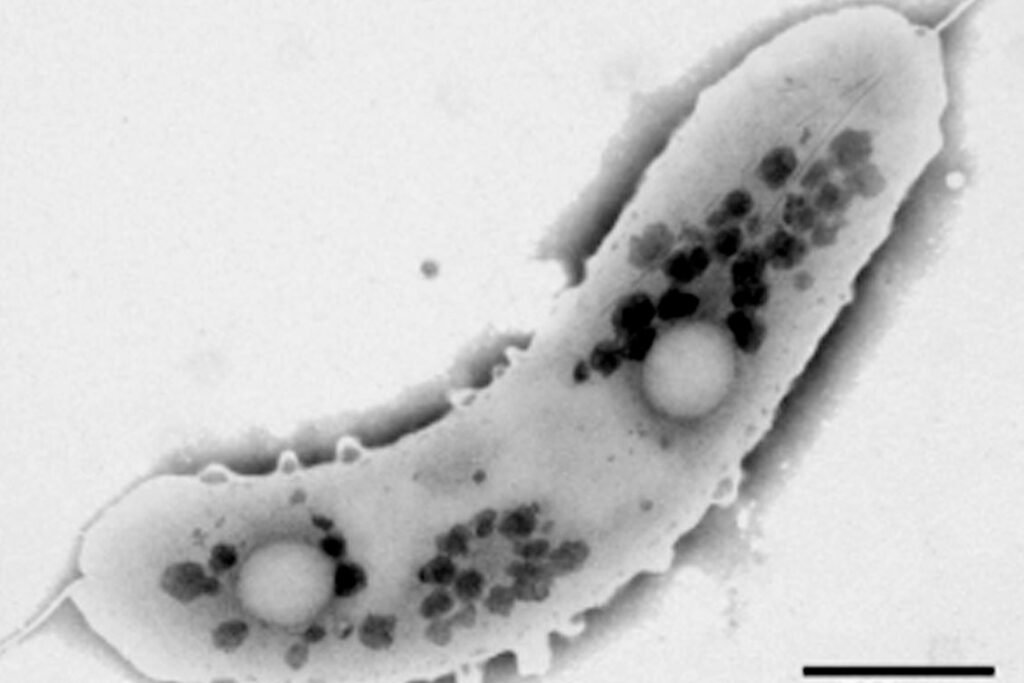
Equipment
List of equipment
- TEM Jeol 1010: operating voltage 40-100 kV, CCD camera, 1 nm resolution, high contrast pole-pieces.
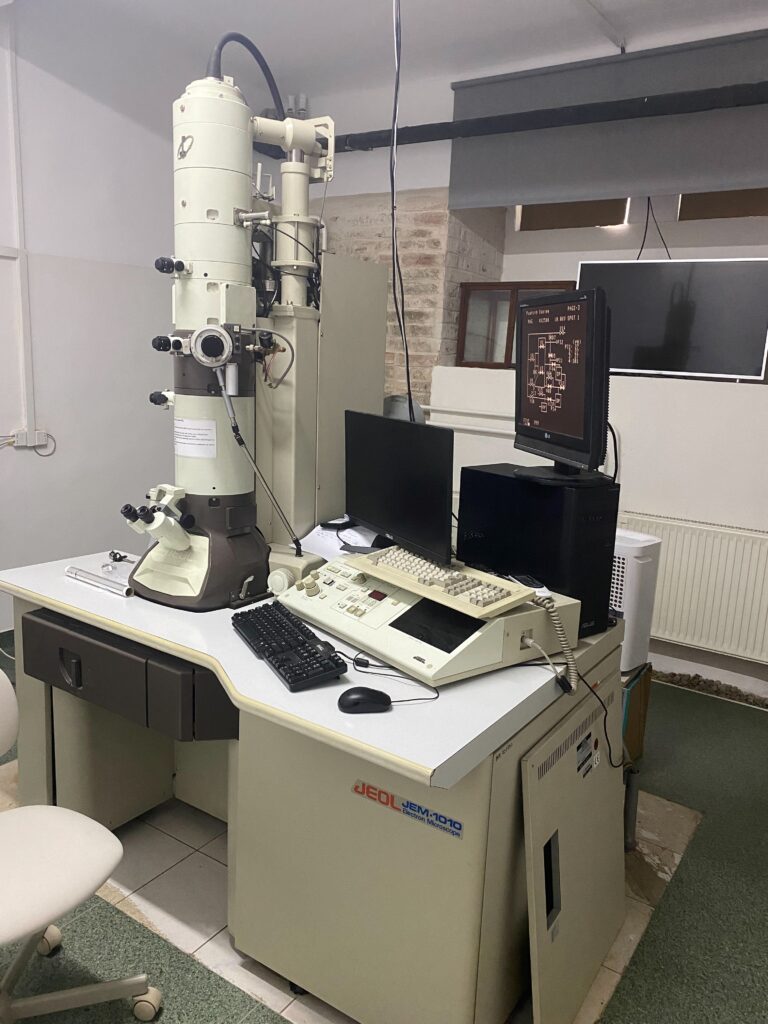
- Leica UC6 ultramicrotome: with cryo attachment (15 years old). Leica EM CPC cryopreparation chamber: ultrathin sectioning (10 – 100 nm thikness).
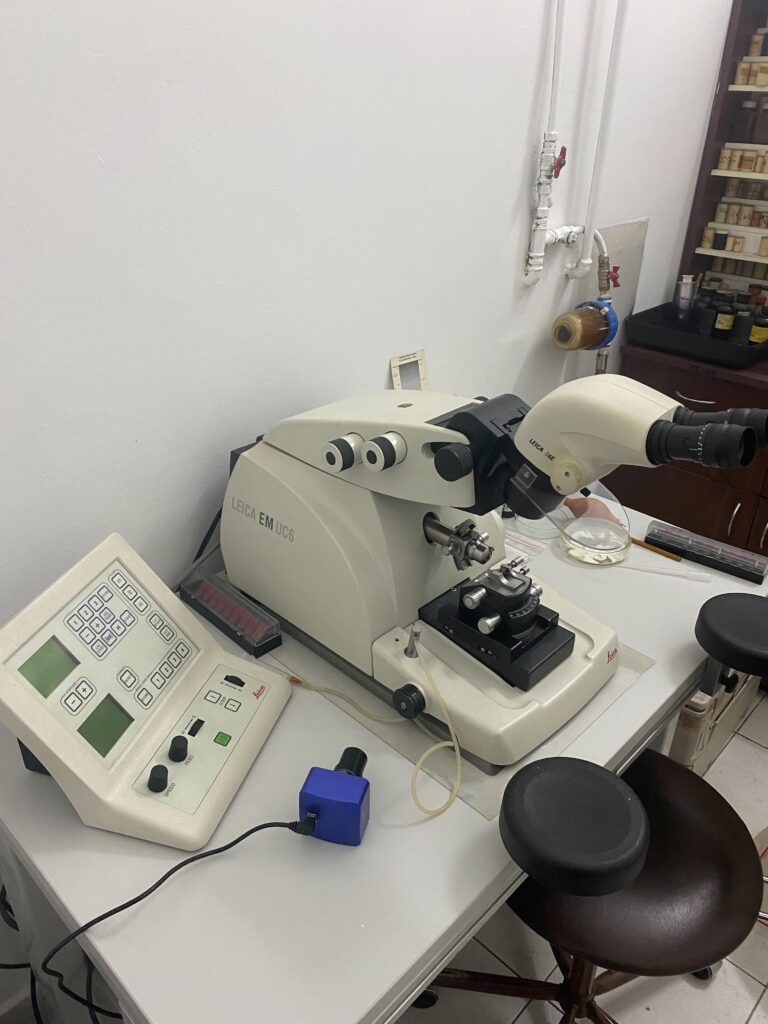
Electron microscopy:
- morphostructural analysis, and qualitative and quantitative microanalysis for the quality control of some industrial, food, pesticides, medical products or materials (including ceramic materials, special pipes, catalysts on ceramic base, artificial membranes etc.);
- analysis of pedological and biological materials for environment pollution control;
- analysis and testing of different substances and ingredients in medicines and food.
Access policy and costs:
EMC provides this kind of analysis for various research and production units in industry (ceramic, metallurgy, military, food and pharmaceutical), as well as for centers that work on the monitorization, protection and reconstruction of environment. Costs vary according to complexity and range between 150 and 500 Euro.
Education and training:
- (a) theoretical courses and practical training for students enrolled in Master Degree programs;
- (b) specialization opportunities for students included in doctoral and post-doctoral programs;
- (c) specialization courses and practical training seminars in electronic microscopy organized upon request.
Those who chose EMC as a training center come mainly from academic areas (earth and life sciences departments in universities or research institutes) as well as from industrial units.
Research in life sciences:
- the precise knowledge of the ultrastructures at cellular and subcellular level, in animal and plant biomaterials, under normal, pathological, experimental and modified environmental conditions;
- the elucidation of the mechanisms of action of certain physical and chemical agents at cellular and subcellular level.
The EMC will insure both the sampling and the processing of the biomaterials and will supply a permanent, high quality technical and scientifical assistance, including the interpretation of the obtained results.
Users: universities and research institutes in the fields of biology, human and veterinary medicine, agriculture, biotechnologies, environment protection, as well as production units from the food and pharmaceutical industry. The cost of an analysis of this type ranges between €300 and €500.
Research in earth sciences
- qualitative and quantitative microanalyses on spot, line and volume of the chemical elements, from Be to U (94 elements);
composition analyses on raw samples, including comparison of the results with standards in the data base; - combined analyses on the basis of dispersive energy and of wave length;
acquisition and processing of color images, the analysis of morphological characteristics, the identification and the display of the phase; - measurements of the depth, surface and volume of the studied samples;
study of the metallographic structures; - the topography of the fractured surfaces;
morphological and compositional characterization of powders; - evaluation of the degree of crystallization of the components in powders;
identification of the crystallization system and of the network constant. - ultrastructure of nanotubes
This kind of analyses are intended for universities and research institutes in the fields of geology, mineralogy, geography, physics and chemistry, as well as industrial units working in the fields of mining, oil industry, metallurgy and chemical industry. The cost of an analysis can range between €100 and €200, according to complexity and price of reagents.
Contact person: Lucian Barbu-Tudoran
e-mail lucian.barbu@ubbcluj.ro
Telephone: +40 754 298925
http://emc.centre.ubbcluj.ro/category/facility/
